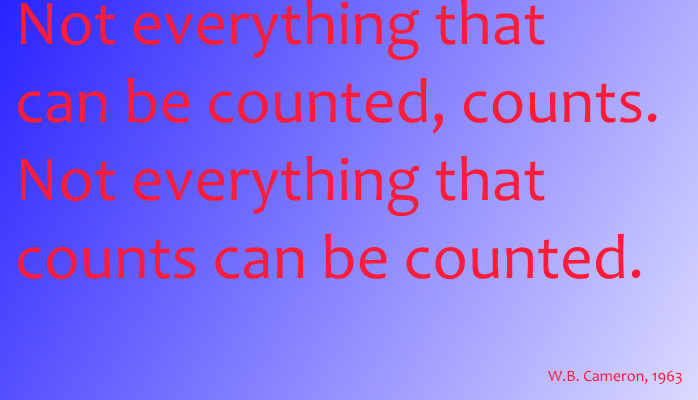
Please excuse any perceived aggressiveness here. I’ve come across so many examples of poor management practices recently (as stories from others, web articles, and so on – none of that sort of thing happens where I work) and felt the need to vent. I think what annoys me the most is that mastering the basic skills of good management is easy. How can people get it so badly wrong?
It’s a gross over-simplification, but there are really only two main themes to my personal management philosophy:
- Make sure your people have everything they need. Training, time, a comfortable environment, prioritisation & focus, equipment, a clear understanding of expectations, specifications, a people-first culture, motivation, empathy and understanding, tools, growth plans, access to external resources, plenty of coffee and the occasional pizza.
- Get out of the way.
People want to do good work. Get out of the way and let them.
Grumpy
Your team members want to put in a good day of productive work. Get out of the way and let them. Stop for a second and think about this. Quickly review, in your head, all the processes, rules and expectations you have for your team. How much of that is directly aligned to helping them get a solid day of productive, efficient and effective work done? Are there opportunities here to do away with some waste? Are there things that absolutely have to be done, but don’t necessarily have to be done by your engineers? Could administrative or other supporting staff pick up some of the burden of the non-core work?
If you’re leading a team of technical specialists, let them be technical specialists. Don’t force them to be record-keepers, form-fillers and box-tickers. Time spent doing that is a waste of a good engineer. You’re getting in the way.
For each activity that’s not a directly-aligned contribution to the target, ask yourself The Engineering Question™. If you don’t have a clear and immediate answer, chances are you just discovered some waste, and/or an opportunity to optimise. Even if there is a valid answer, dig a little deeper: is this something that needs expensive engineer-hours spent on it, or could it be shifted elsewhere?
Take this a step further, if you can: imagine that you run a team of eight engineers. Due to your company’s unavoidable and necessary (for the sake of the argument) policies, each one them has to spend an hour every day doing some non-engineering administrative-type work. This work has got to be done, and it has to be done in-team, as it relies on information only discussed in this room. There’s no avoiding it. You’re effectively burning an entire engineer every day. And good engineers are expensive (rightly so). So what if you hired an admin assistant, to work within the team and pick up that load? Much cheaper. You’ve scored the output of a whole additional engineer for the cost of a junior administrator. Worth thinking about?
A pet peeve of mine is Metrics Madness, driven by a perceived need to track, trace, measure and monitor every activity in the mistaken belief that this is good management. I recognise the need for (a very few) genuinely informative and useful metrics, but many (most?) organisations take it too far, and worse yet, use the numbers they get as a policeman or a stick to beat their staff with. Take a close look at what you’re measuring, and ask yourself why. Then once you’ve got the answer, ask why that is important. How many expensive engineer-hours are you burning to support metrics that are either meaningless, misleading (trust me, they will be) or unnecessary? Wouldn’t that time have been better spent doing, you know, actual engineering? Get out of the way.
You’ve invested a great deal of time and effort in hiring clever people. You’ve done a superb job of motivating them, knitting them together, and building a strong, cohesive, productive team. Now trust them to get on with it. Use your daily stand-ups to check that they’ve got everything they need. Use your regular 1:1 meetings to stay in touch on a more personal level, and for career-path steering. Always be available to clear impediments, manage a crisis, buy donuts and protect the team. Other than that: get out of the way.
The postings on this site don’t necessarily represent the views or opinions of my employer, professional organisations, political party, family, car manufacturer or anybody at all, really. I don’t know where they come from. It scares me sometimes.



6 thoughts on “Get out of the way!”